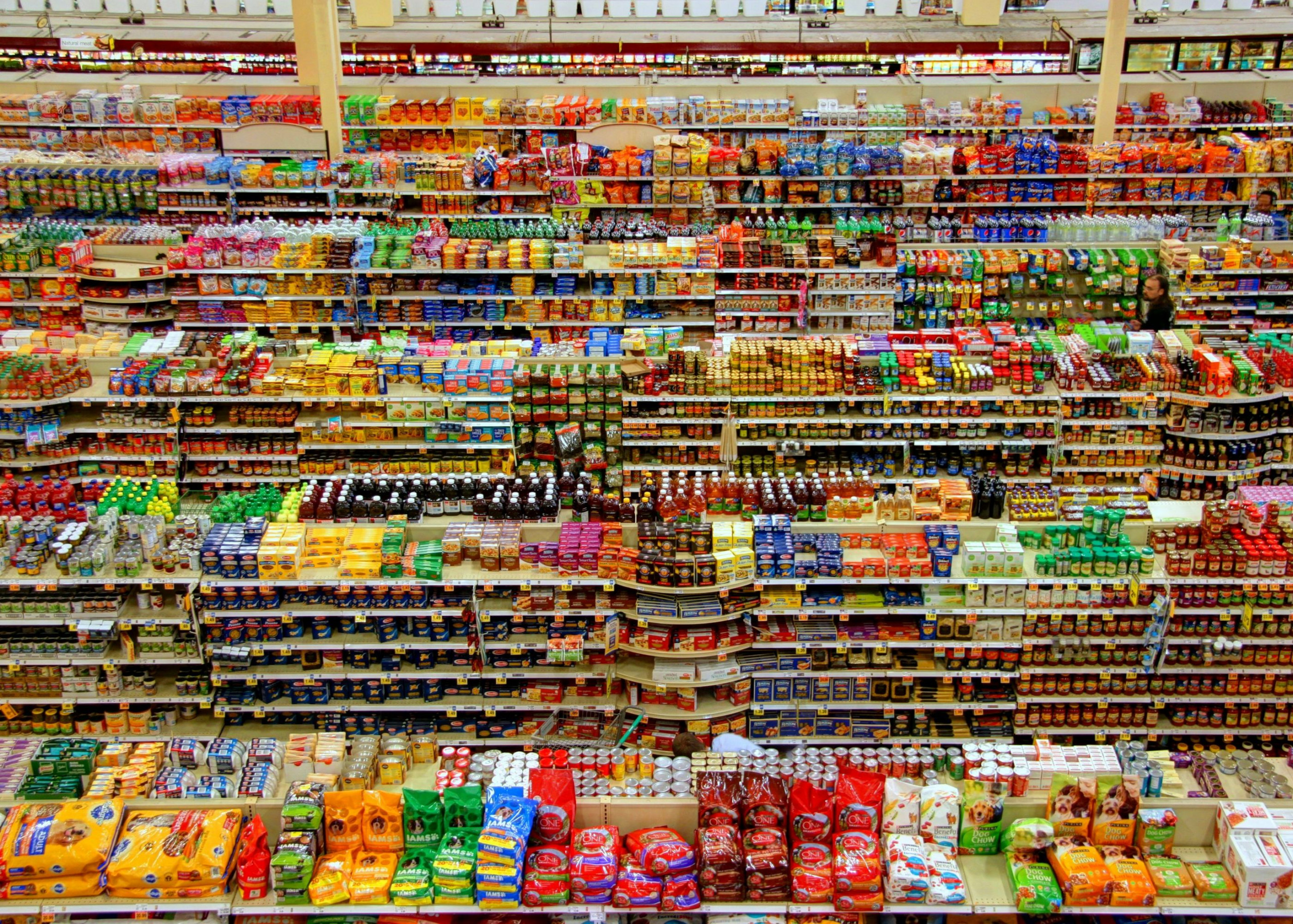News in brief:
– The FAO food price index fell by 2.1% in 2024, driven by declines in cereal and sugar prices, despite increases in vegetable oil, dairy, and meat prices.
– Local food prices in countries like Nigeria remain high due to factors like poor infrastructure, currency depreciation, and insecurity.
According to the latest data from the Food and Agriculture Organization of the United Nations (FAO), the food price index fell by 2.1% in 2024 compared to the preceding year.
This index, which tracks the prices of a set of globally traded food commodities, helps policymakers, businesses, farmers, and consumers understand the dynamics of the global food market.
The agency reported that the index in December was 127.0 points, a significant rise of 6.7% from the end of 2023. However, price drops in the middle of the year ensured that the overall index was lower.
Cereal and sugar prices had the biggest impact on the outcome, while increases in the prices of vegetable oils, dairy, and meat were not sufficient to offset the decline.
The cereal price index was 13.3% lower on average, while that of sugar dropped by 13.2%. Meanwhile, the vegetable oil price index rose by 9.4%, meat increased by 2.7%, and dairy rose by 4.7%.
Lower wheat and coarse grain prices were responsible for the decrease in cereal prices, while rice only surged by 0.8% on average for the entire year. Brazil’s large sugar production was the primary cause of the drop in the sugar price index for 2024.
Tightening supply chains in top oil-producing countries in Southeast Asia drove the surge in vegetable oil prices. Meat-producing countries experienced slower growth in 2024, and demand increased among top importers, leading to higher prices for bovine, ovine, and poultry meat. The higher dairy price index was mainly driven by a sharp surge in butter prices due to strong global demand.
It is important to note that FAO’s global food price index may not directly translate to local food prices. This is due to localised factors that affect the cost of food within a country, such as poor road infrastructure, high fuel prices, currency depreciation, conflicts, and insecurity.



